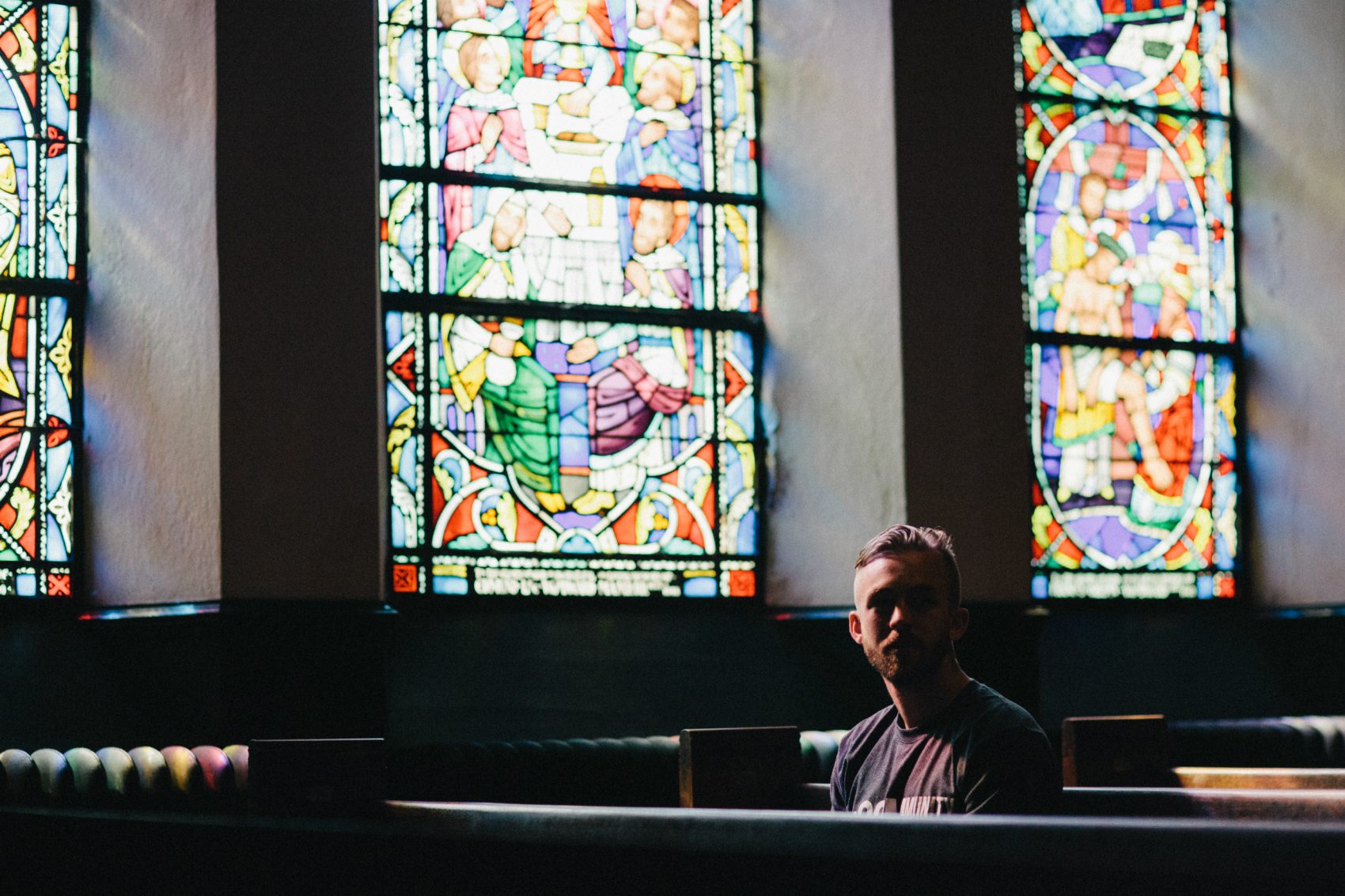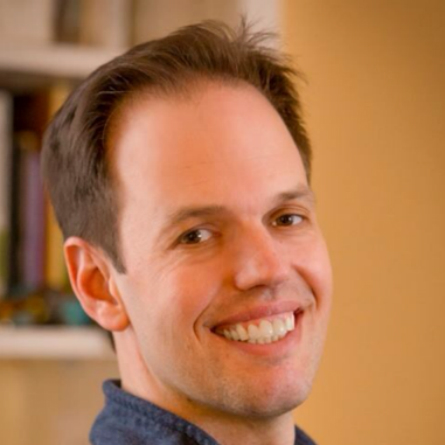Advertisement
COMMENTARY
'Why Couldn't I Save Him?' A Pastor Grieves His Brother's Death

As a pastor, I've sometimes fallen prey to the fantasy that my vocation would inoculate me and those I loved from suffering. The notion that bad things won’t happen to "good" people is a belief with scant evidence, but strong allure. I felt it pulling at me again last fall, as I marked the one-year anniversary of my younger brother’s death from an opiate overdose.
Nicholas was just one of thousands lost to drug addiction. He left behind a broken-hearted 4-year-old son, a wife, students at the school where he was an assistant principal, parents, friends, a full future and an older brother — me — who marveled at the easy way Nick gained friends, joined the crowd and captured the essence of cool without ever seeming to try. How much I wanted to be like him; how rarely did I tell him so.
In parish ministry, it is easy to think I should have the answers. The high pulpit for preaching, the pews facing me, the robe and stole and “Reverend” in front of my name, all building toward the presumption that I speak with holy clarity and conviction. Add the longing I see in people's faces for certainty in our uncertain world, the prayers I hear to explain on behalf of God, the ache I meet in others to help point them to their lives' purpose. You can understand the impulse to keep my own doubts hidden.
The notion that bad things won’t happen to ‘good’ people is a belief with scant evidence, but strong allure.
Should I have prayed more? I wondered. Never mind the sermons I have given challenging this kind of quid-pro-quo theology. Why didn’t I how bad things had gotten for him? Never mind that Nick was a master at hiding his addiction from everyone, including himself. Why couldn’t I save him? Never mind that the powers of salvation weren’t included with my divinity school degree. "Why did God let this happen?" I whisper at night, never mind that long ago I gave up the belief that God decrees who lives and who dies, for reasons beyond our understanding.
It would be easier if I kept these midnight questions private. After all, hiding from grief in our culture of "Aren’t you over it yet?" and "Can’t we talk about something more pleasant?" isn’t so difficult, especially when there is often more affirmation for engineered optimism than for authenticity. But knowing that my vocation asks me to be better than I might otherwise be, and that my beloved congregation doesn’t ask me to pretend, I’m learning how to be present with the pain.
Advertisement
A few years ago, a woman on her way to talk with me had slipped in front of the church and broken her ankle. I held her hand as the attendants strapped her onto the gurney. “I thought coming to see the minister protected a person from this kind of thing,” said the paramedic. There was a time when I did, too. “Presence, not protection,” I quipped. I was paraphrasing a rabbi I once heard who said that God doesn’t promise us protection from calamity, but promises to give us presence through it. The paramedic looked dissatisfied. Sometimes, I see the same look staring back at me in the mirror.
Why couldn’t I save him? Never mind that the powers of salvation weren’t included with my divinity school degree.
I think about this often since Nick died. In my personal life, this presence means I tell others about his life and death, his blessings and his bruises, remaining fully honest about his gifts and his lost battle to drug addiction. In my prayer life, I try to spend less time asking God for explanations for why bad things like this happen, and more time asking for the strength to get through them. In my parish life, this presence means I lead by example, showing up for my congregation with my broken, slowly healing self — not wiping away tears when they come, giving honest, no-spin answers to my congregants' deepest questions, preaching Sunday after Sunday the hard, good news that the only way over heartbreak is through.
Ernest Hemingway wrote, ‘The world breaks everyone and afterward many are strong at the broken places." I think of that message these days as I put on my robe and stole and stand in the pulpit Sunday mornings, never promising protection against the hurt that touches us all, but promising instead that together we will be made strong in our broken places, one hand, one person, one presence at a time.
Given the beautiful and terrible things that happen to us, I admit to myself and to my congregation that this presence is never enough. But yet, somehow it is, and this is grace: an unearned, undeserved, unconditional gift.
